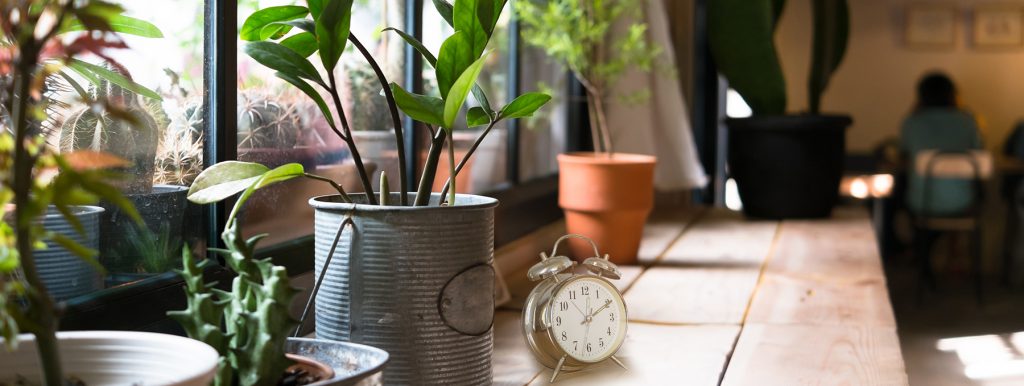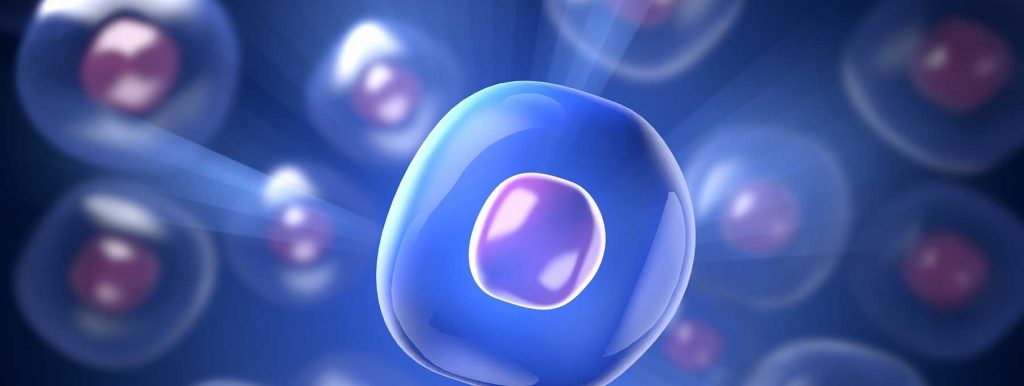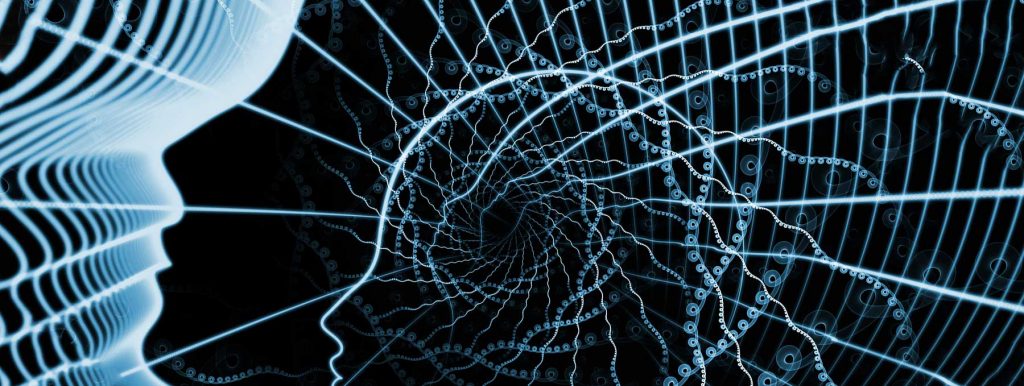Why do some people need so little sleep? Chronobiology researchers may have discovered a genetic mutation that creates short sleepers, i.e. people who need very little rest. What could you do with your extra time if you didn’t need to sleep? These extra hours could be spent studying, earning extra income or simply enjoying leisure […]
Shift Work Found to Negatively Affect a Man’s Sex Life and Sperm Quality
Shift work can have a negative effect on the romantic lives of people who work nights. A new study shows it also has physical effects on the male sex life as well. It is easy to see how working nights might interfere with a person’s romantic life. Evening and night workers are away from home […]
Plants Use Protein Signaling to Tell Time
Have you ever wondered how a plant knows to open its buds in the morning and perform other time-dependent tasks? New research suggests that protein signaling is the answer. Modern people tend to think of internal clocks as a feature of humans and other mammals. After all, plants cannot lie down to sleep or do […]
New Tool Named CYCLOPS Allows Us to See Daily Rhythms in Cells
A new tool named CYCLOPS may change the way we study the circadian rhythm by allowing researchers to more easily examine circadian rhythms in living human cells. Much of the research on molecular mechanisms underlying the circadian rhythm is performed on mice, fruit flies and other animals. There is a good reason for this: Identifying […]
Maintaining Body’s Circadian Clock May be Due to Synchronized Voltage Rhythms
A new study shows that synchronized voltage rhythms may be key in coordinating our internal clock, offering new avenues for treatment of circadian disorders. The inner working of the brain is one of the hottest areas of research right now. Although we know a great deal about this organ’s structure and functions, finding out the […]
- « Previous Page
- 1
- …
- 80
- 81
- 82
- 83
- 84
- …
- 120
- Next Page »









